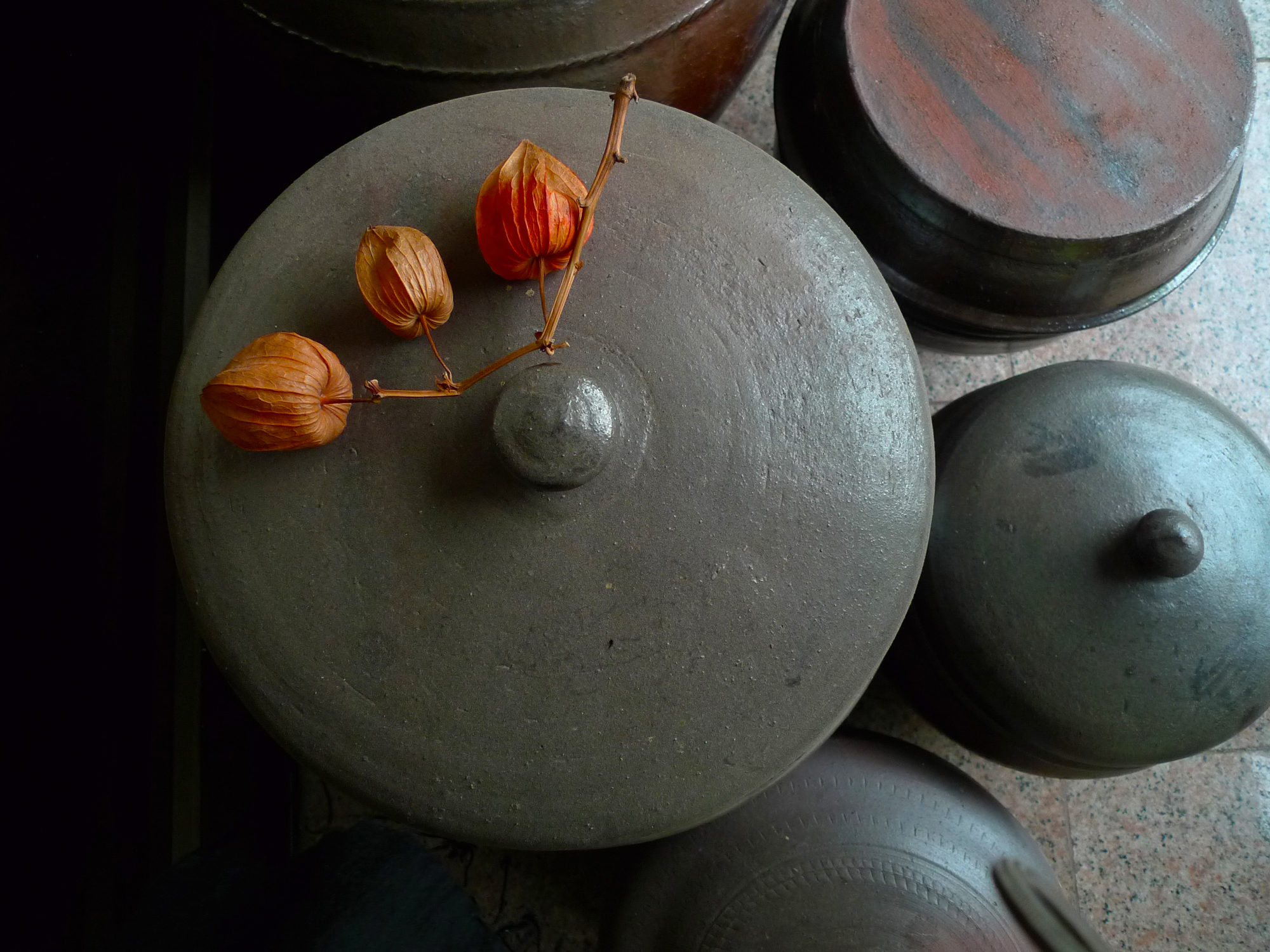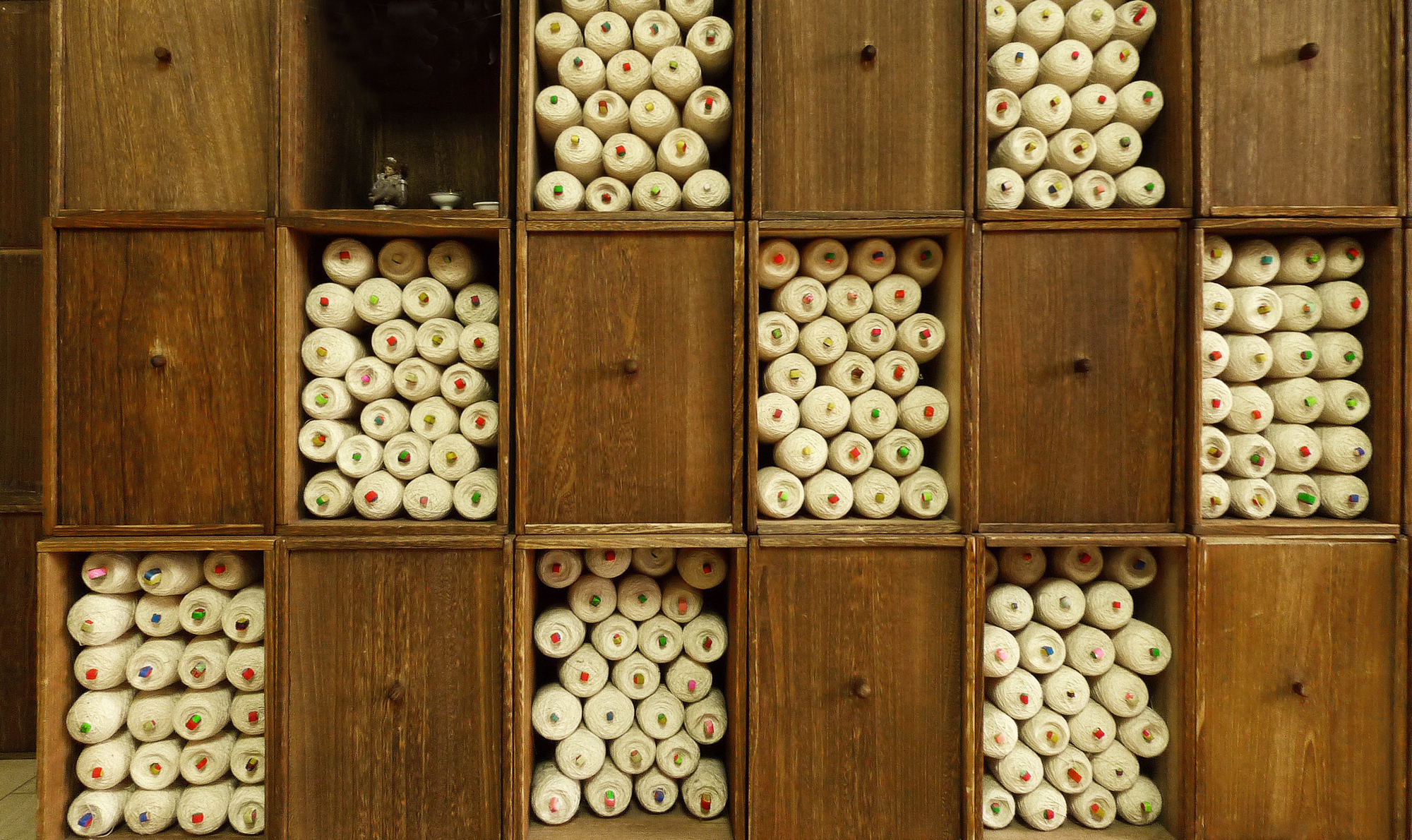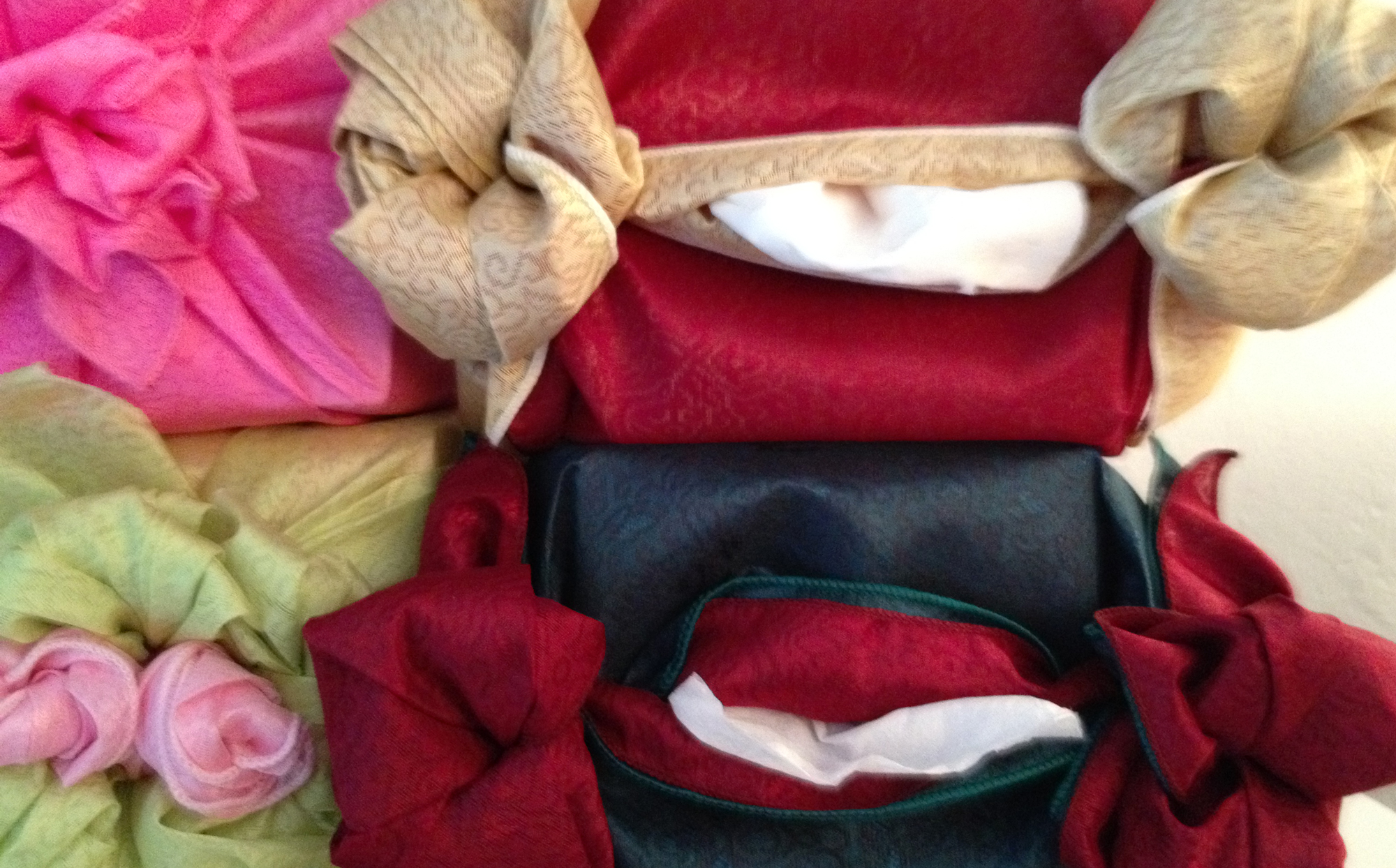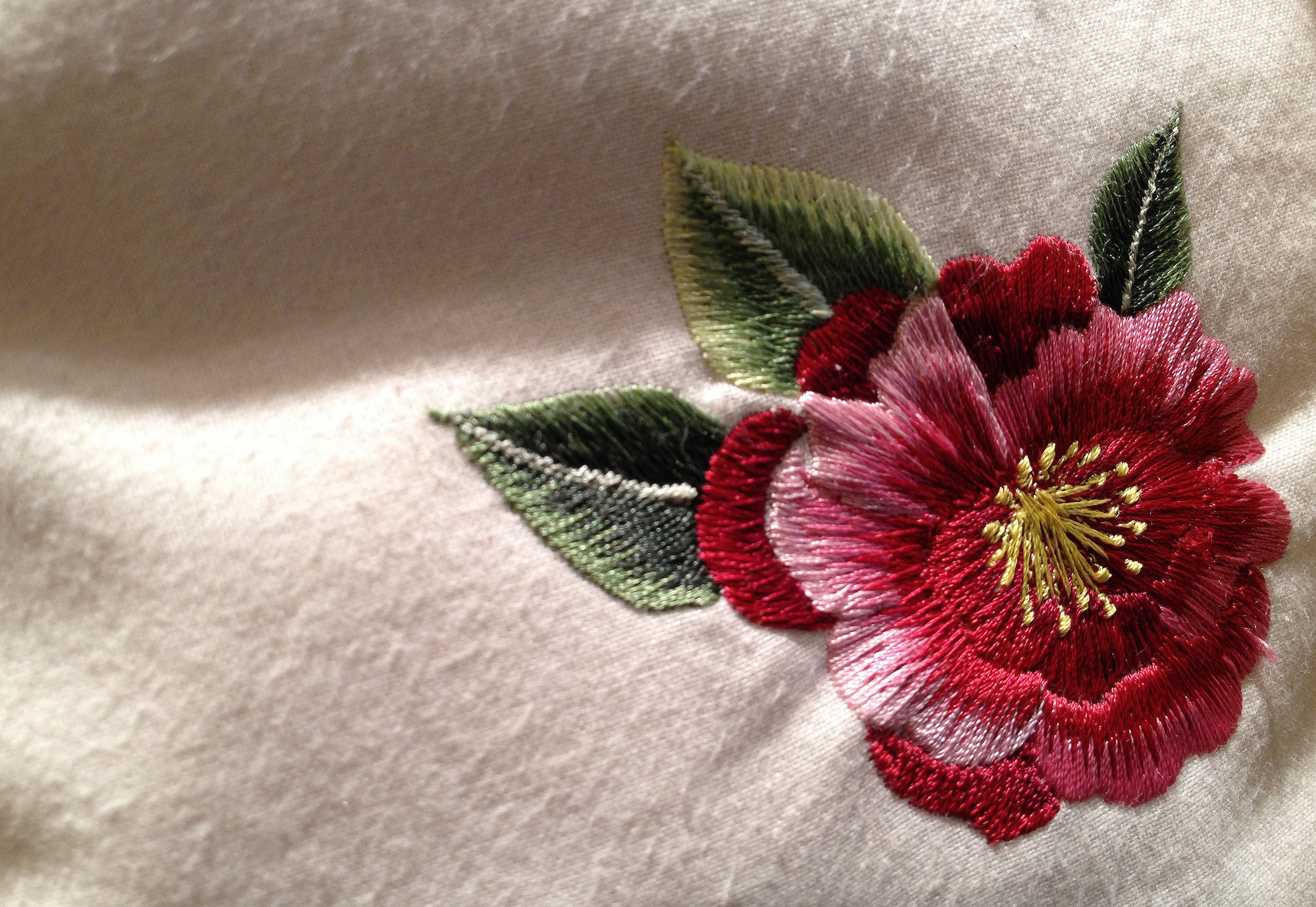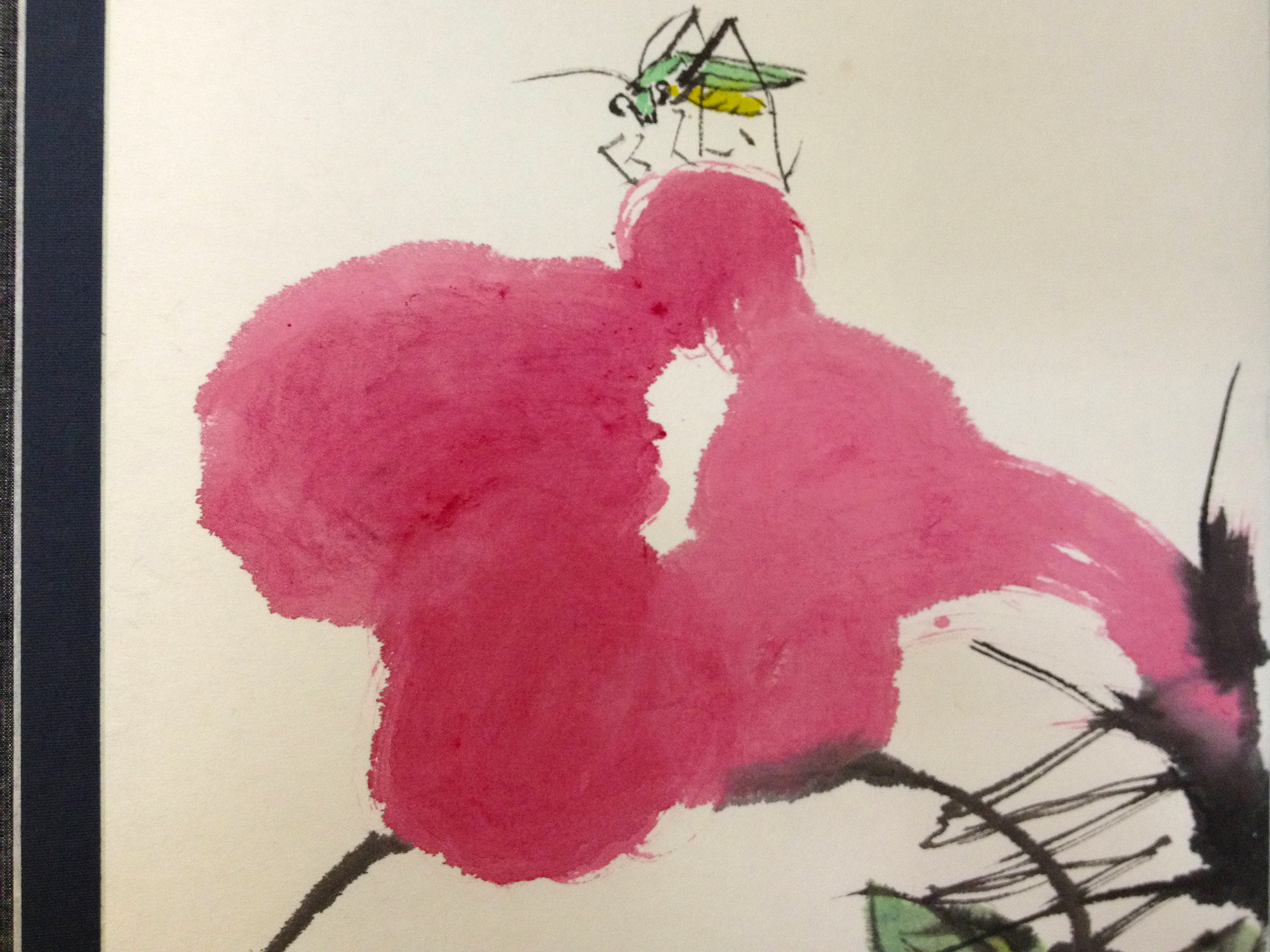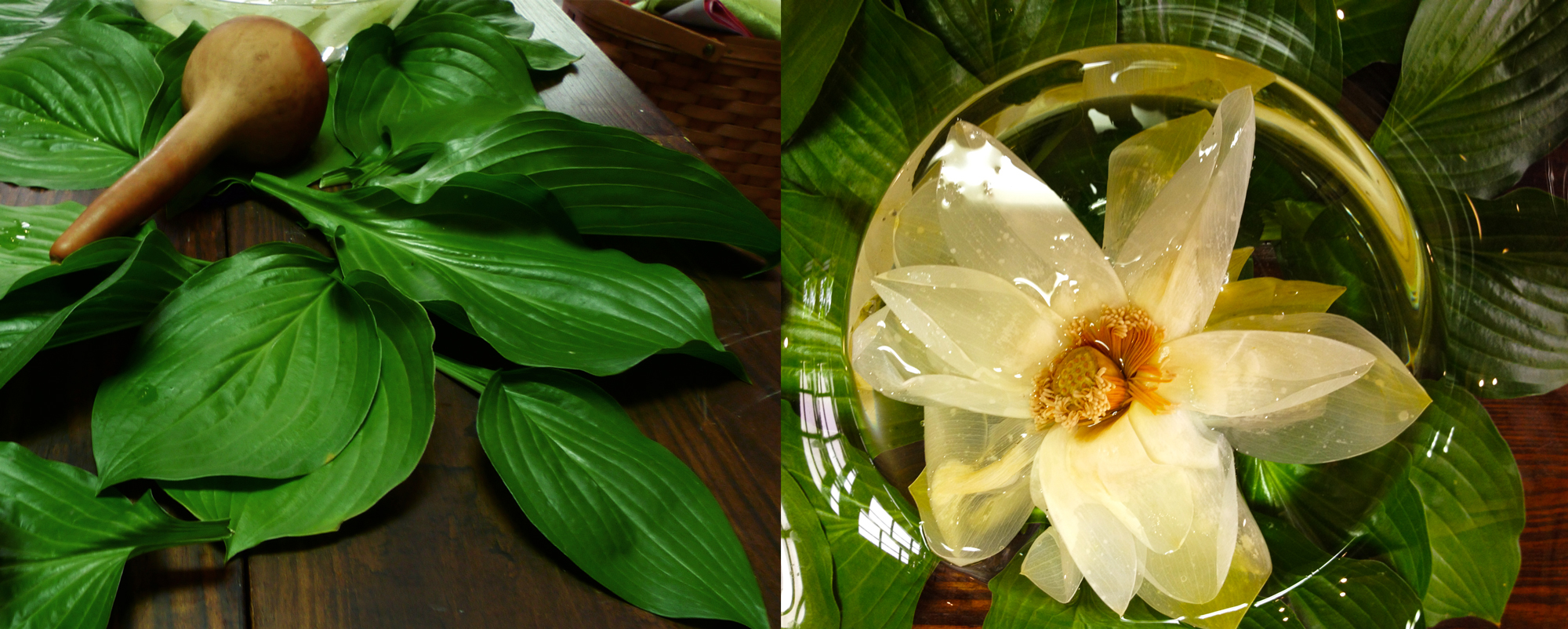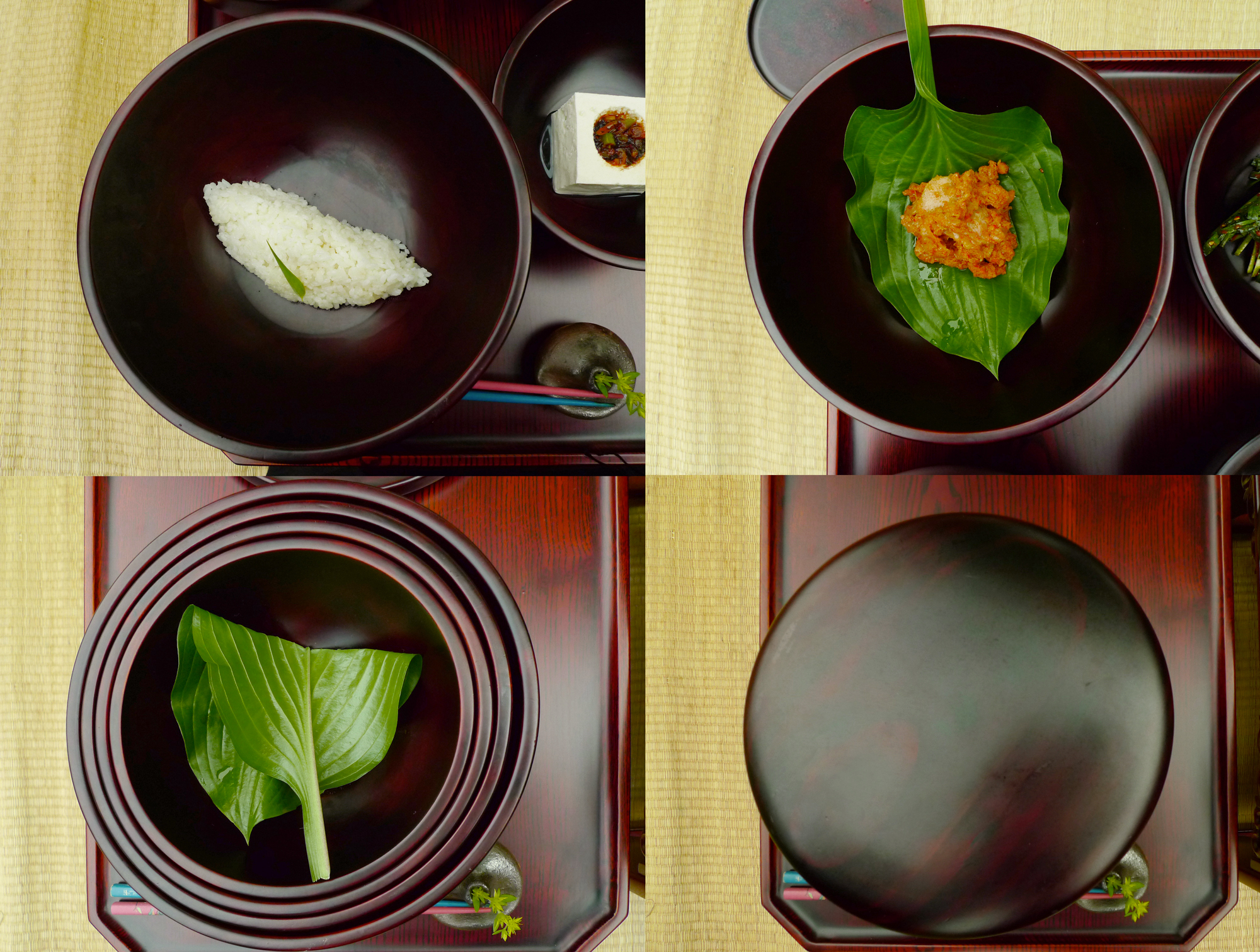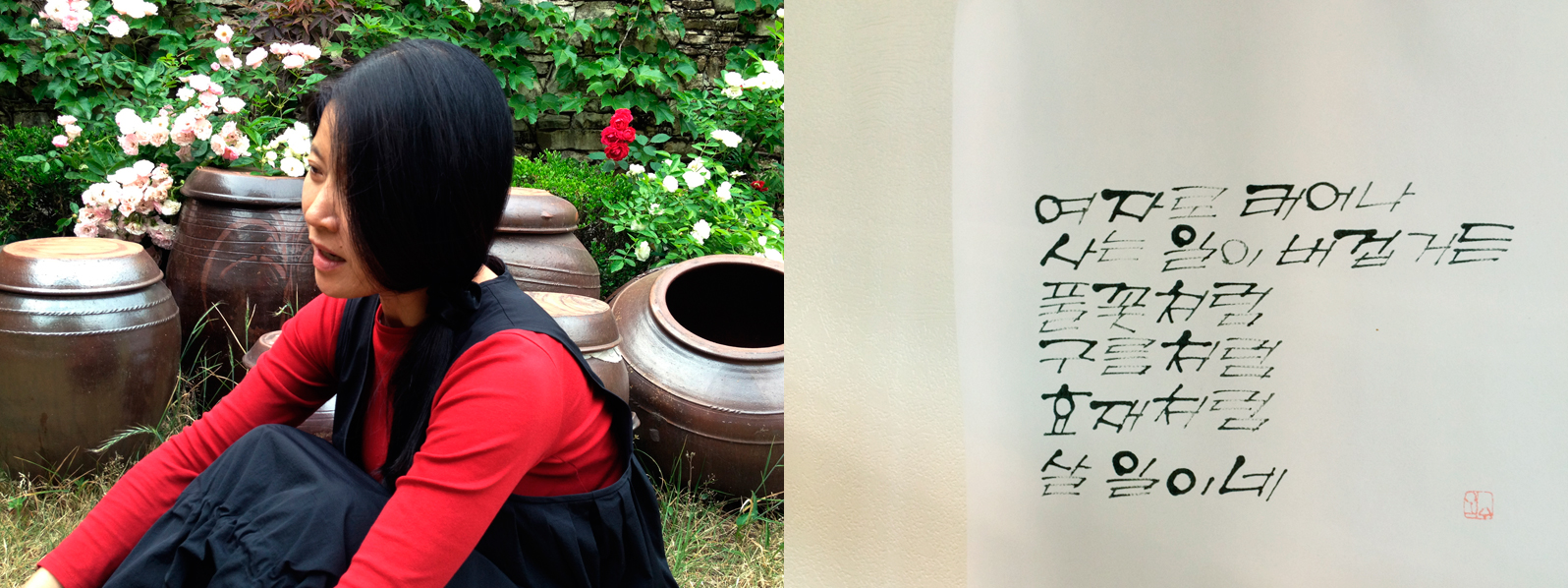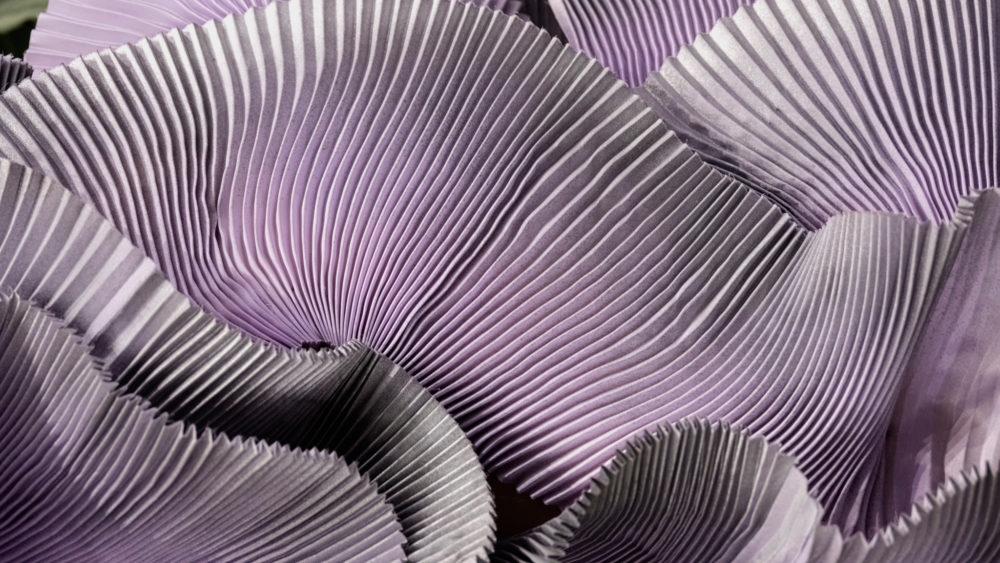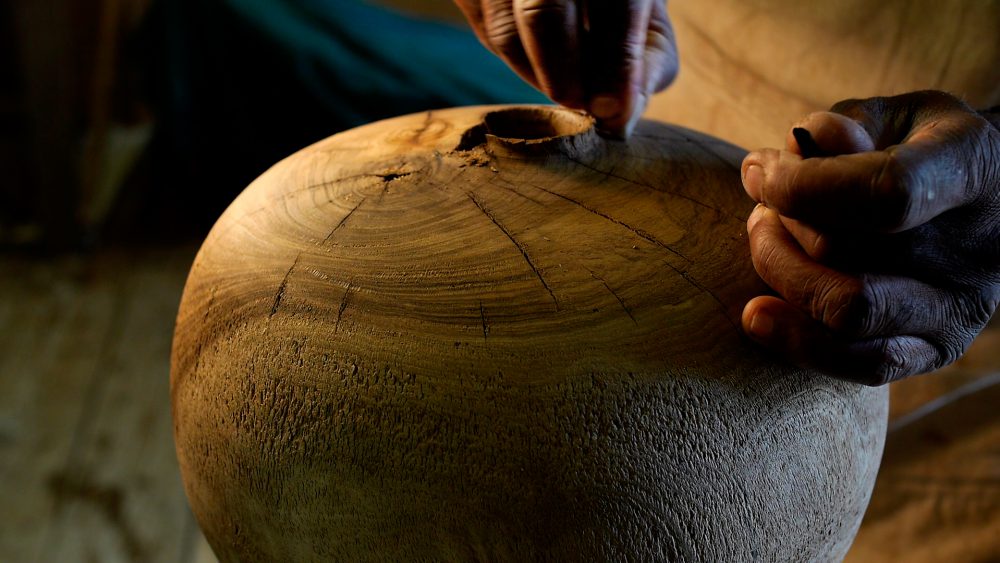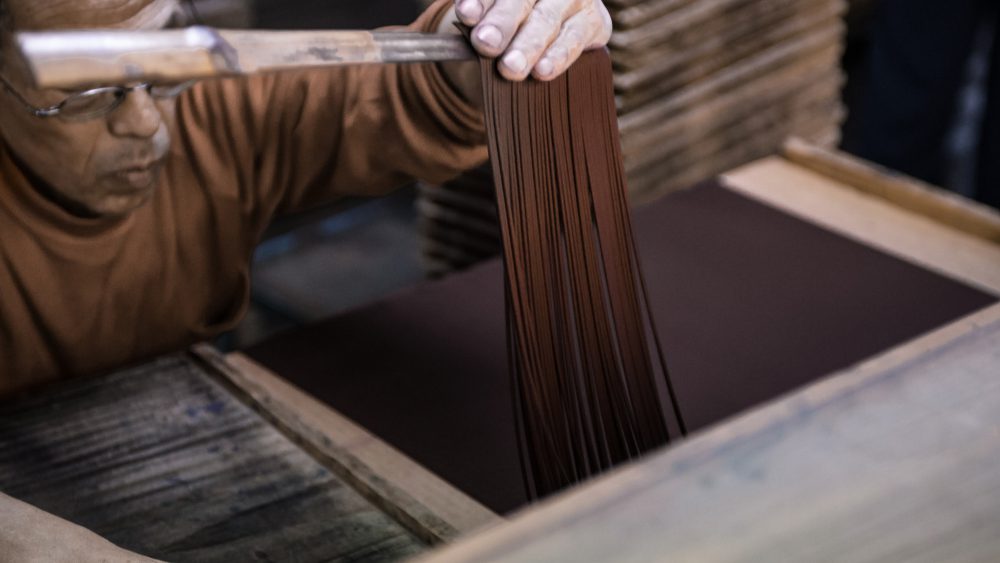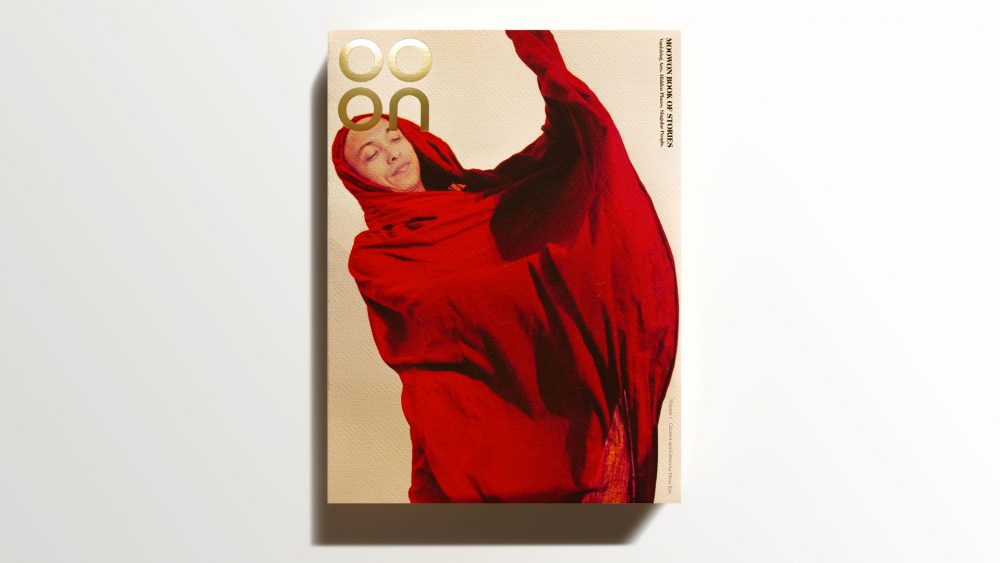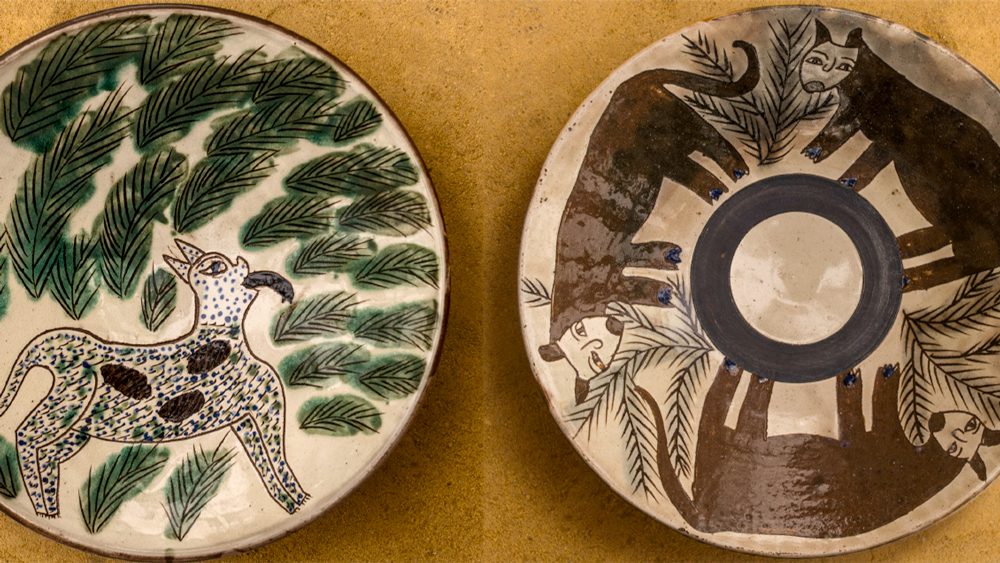I met a beautiful lady who, in her quiet ways, reveals to us that we can create our sense of time and space in todays' world, even within the confines of our own cities. Call it a chance encounter—or fate.
My curiosity sprung from a photo of a traditional chest full of thread spools that promised something that I could not quite articulate. As with most places in Seoul that are virtually impossible to find due to the lack of a logical address system, Lee Hyo Jae's home-store-atelier is likewise tucked away and hidden. It was only by happenstance that I stumbled upon the correct door that day in the company of my cousin.
She was not supposed to be there that particular time and day but due to the unexpected death her friend's mother, her trip to a southern town of Korea was cancelled. Neither was she accustomed to receiving strangers who knock on her door unannounced, wishing to chat with her spur-of-the-moment. Yet destiny opened the door for an unexpected encounter, which revealed an entirely new face of Seoul and a way of living which I assumed became obsolete in this highly-developed, bustling city. For reasons unbeknown, this charismatic woman took a liking to me and her whole world opened up.
ppali ppali = "fast, fast" in Korean
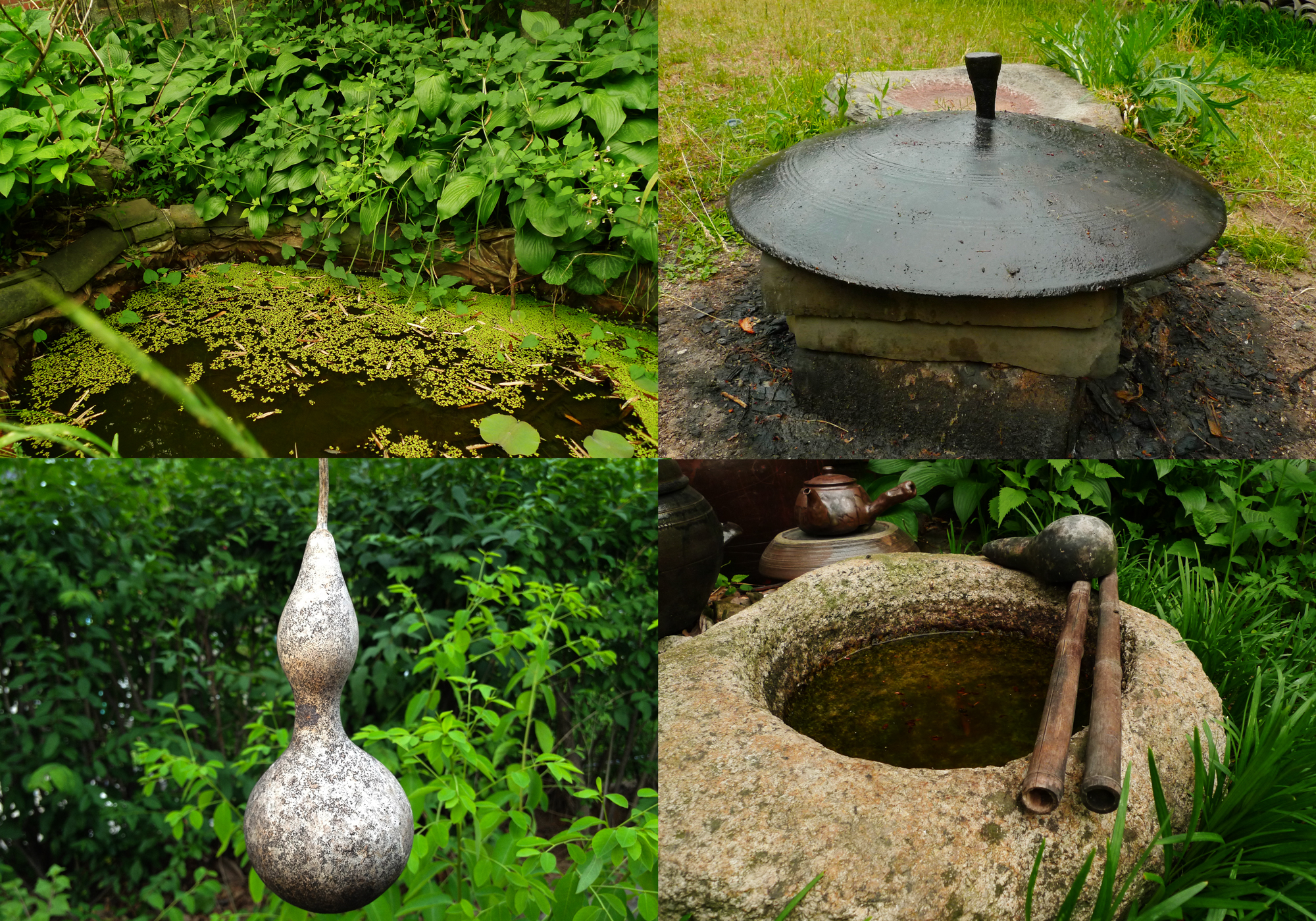
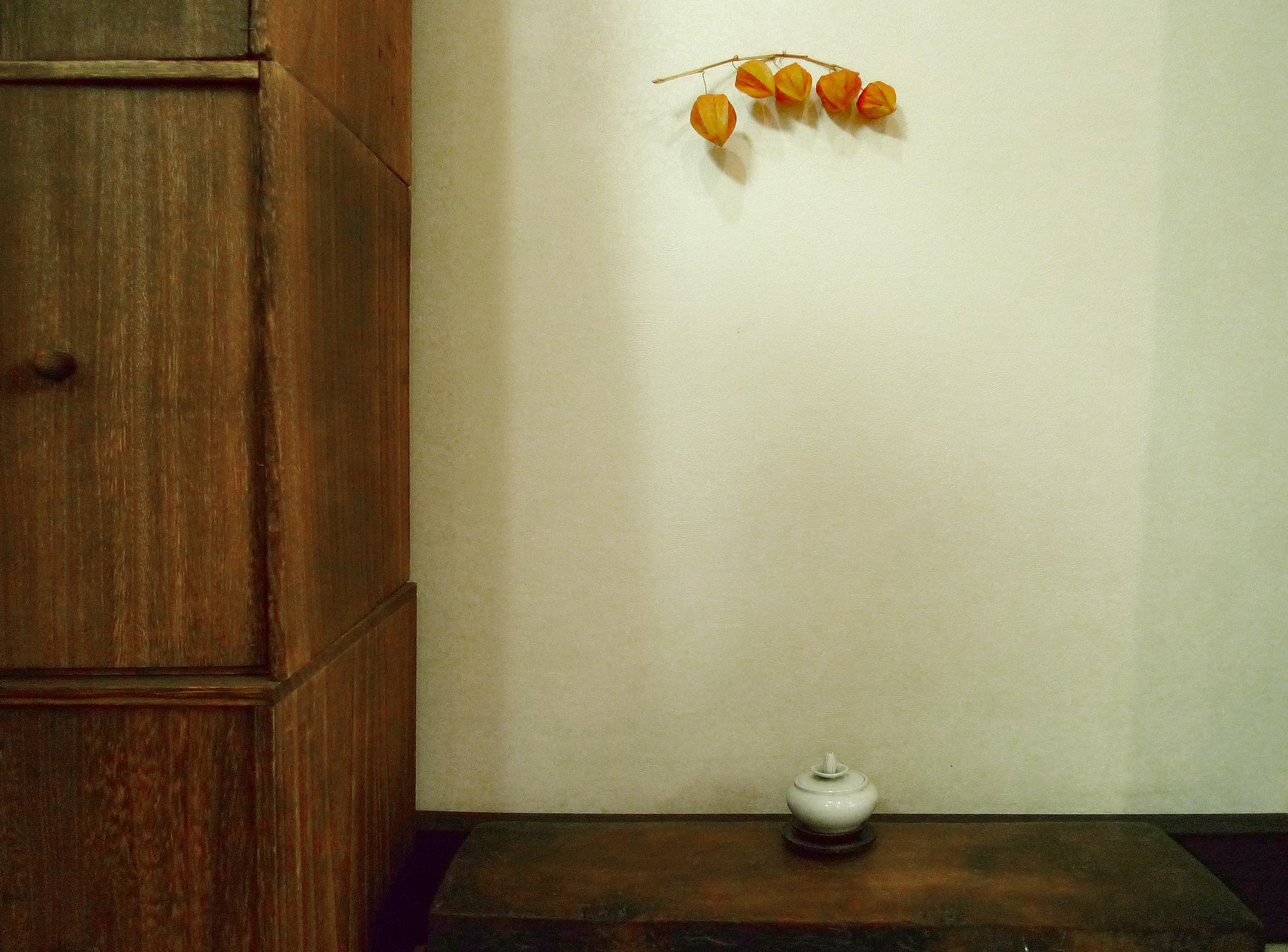
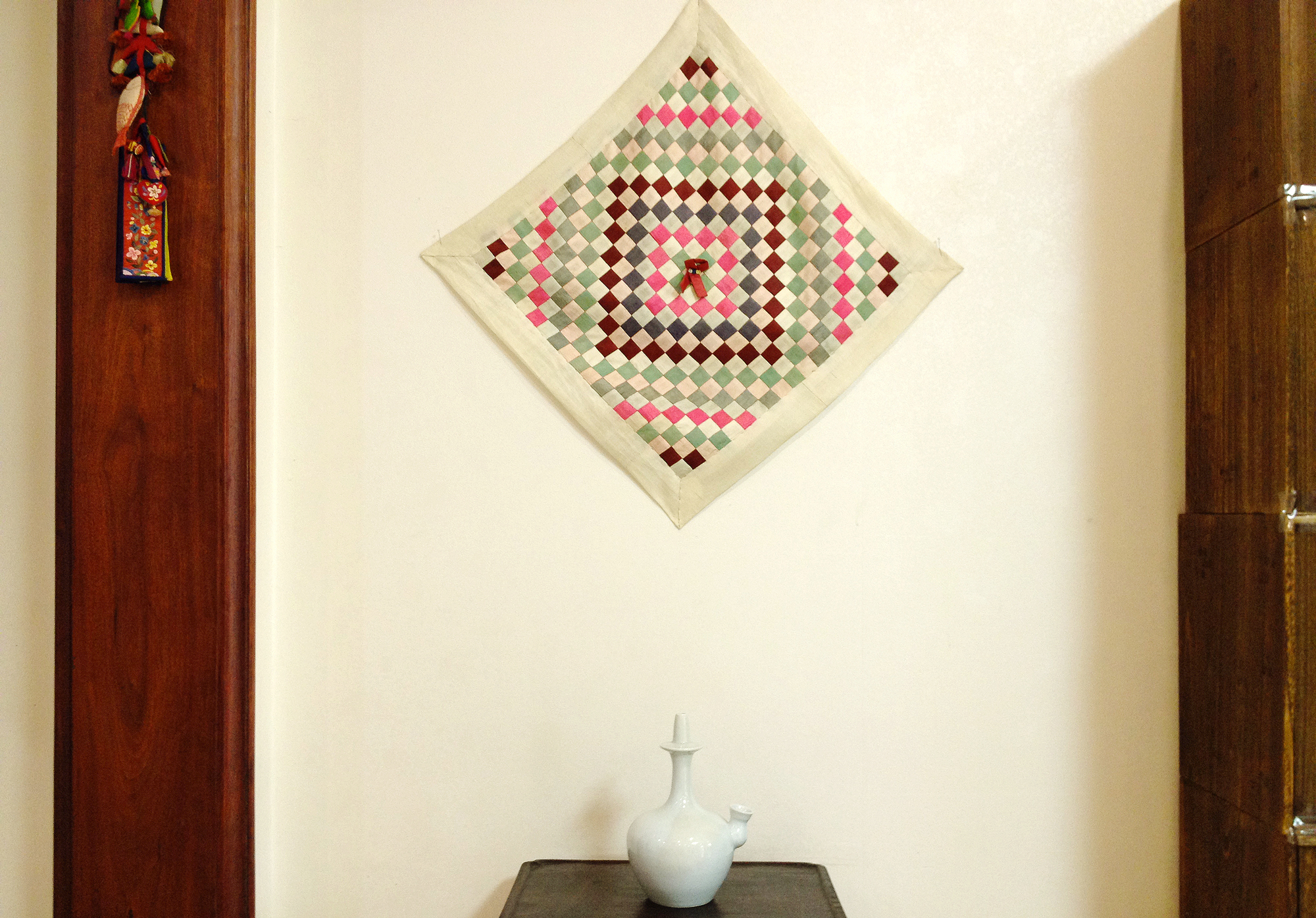
To enjoy the full story, become a Member.
Already a Member? Log in.
For $50/year,
+ Enjoy full-length members-only stories
+ Unlock all rare stories from the “Moowon Collection”
+ Support our cause in bringing meaningful purpose-driven stories
+ Contribute to those in need (part of your membership fee goes to charities)
